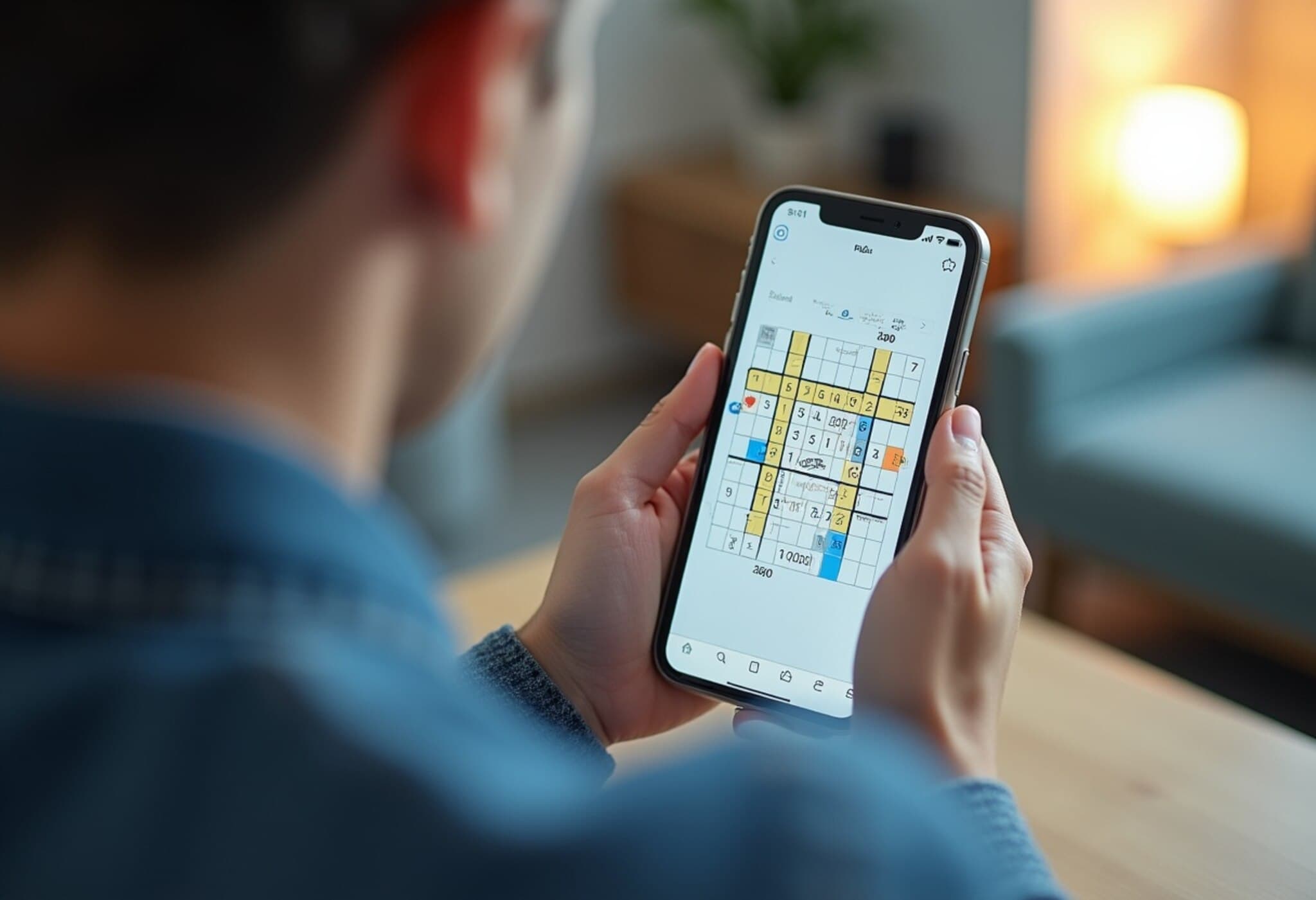LinkedIn Introduces Mini Sudoku to Engage Its 1.2 Billion Users
LinkedIn, the world’s leading professional networking platform, has just rolled out Mini Sudoku, a scaled-down version of the classic puzzle game designed to captivate users with quick and stimulating brain teasers. This move marks LinkedIn's continued push into casual gaming, aiming to make the platform not only a hub for professional growth but also a daily source of fun and connection.
Compact, Fast, and Social: The Making of Mini Sudoku
The newly launched Mini Sudoku is crafted to be completed within two to three minutes—far shorter than traditional Sudoku puzzles that can take 20 minutes or more. This design choice reflects LinkedIn’s focus on bite-sized interactions that fit easily into busy professionals’ schedules. Lakshman Somasundaram, LinkedIn’s senior director of product, emphasized, "We're not games for games' sake. We want to offer short, engaging experiences that can spark interaction without overwhelming users."
The Mini Sudoku is the sixth game added to LinkedIn’s platform, and it represents a collaboration with Nikoli, the renowned Japanese puzzle publisher credited with popularizing Sudoku globally, and Thomas Snyder, a three-time World Sudoku Champion and respected puzzle designer. The partnership emerged after LinkedIn’s product team visited Nikoli's Tokyo headquarters, sparking a creative exchange that resulted in a unique 6x6 grid variant—smaller than the classic 9x9—optimized for fast daily play.
Daily Challenges with Growing Difficulty and Social Competition
Similar to other games offered on LinkedIn, Mini Sudoku puzzles become progressively harder as the week goes on, encouraging users to sharpen their skills over time. The game also introduces an element of social competition, inviting users to challenge colleagues, friends, or family members on who can solve puzzles faster, thus fostering organic conversations and camaraderie within the professional community.
Thomas Snyder, who also contributed to designing hints and content for the game, highlighted the artistry behind Sudoku creation: "Making a Sudoku grid is easy, but crafting it as an art form, balancing complexity and accessibility, is challenging. That is the essence of what Nikoli and we aimed to achieve." Alongside daily puzzles, Snyder will feature instructional videos demonstrating his solving techniques, adding an educational dimension for enthusiasts and newcomers alike.
Rising Popularity of Games on LinkedIn
Since adding games in 2024, LinkedIn has witnessed strong engagement. A spokesperson shared that millions of users partake in gaming activities daily, with 86% returning the next day and 82% returning after a week. Interestingly, the most active gaming period peaks at 7 a.m. ET, and Generation Z remains the top demographic—a testament to the platform’s evolving user base.
Sudoku's Global Journey: From Indiana Architect to LinkedIn Pages
The introduction of Mini Sudoku offers a nod to the rich history of Sudoku, originally conceptualized by Indiana architect Howard Garns under the title “Number Place” in 1979. The puzzle gained international fame through Japanese publisher Nikoli in the 1980s, with its name “Sudoku” meaning "the numbers must be single."
Though Sudoku has long been a staple in newspapers and digital platforms like The New York Times Games app, LinkedIn’s approach is unique—offering daily bite-sized puzzles embedded within a professional networking environment, blending relaxation with intellectual stimulation.
Why This Matters: Games as a Gateway to Deeper Professional Connections
LinkedIn’s foray into casual gaming reflects a broader trend of social platforms integrating interactive content to boost user retention and engagement. For LinkedIn, whose core mission revolves around career development and networking, games present an unconventional yet effective avenue to humanize digital professional interactions.
By encouraging playful competition and shared experiences, Mini Sudoku could facilitate relationship-building beyond traditional job postings and article shares. In a high-paced world where mental breaks are precious, offering quick and mentally rewarding diversions could enhance how users perceive and value the platform.
Editor’s Note
LinkedIn’s introduction of Mini Sudoku sparks interesting questions about the future of professional platforms: Can casual gaming meaningfully deepen online professional relationships? How might this influence user behavior, recruitment strategies, and platform monetization? As LinkedIn evolves beyond a purely career-focused network into a space for informal, engaging interactions, watching how such innovations shape the digital workplace culture will be key.
Moreover, this initiative highlights the potential for blending legacy puzzles with modern tech to create accessible content that respects users’ time constraints—something other professional platforms might also consider in their engagement strategies.











